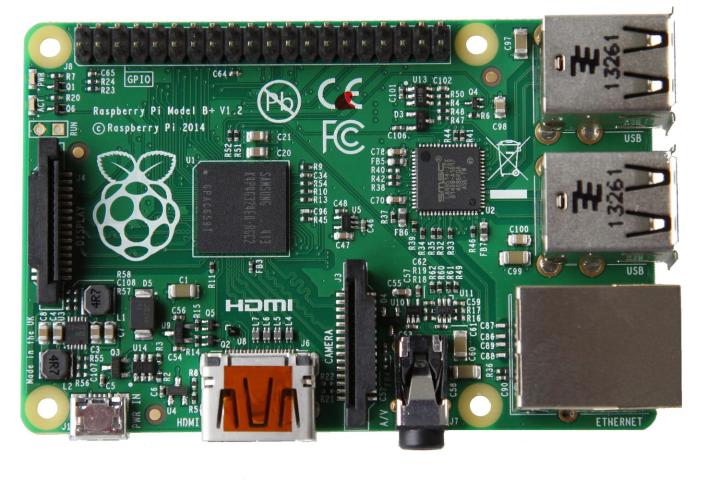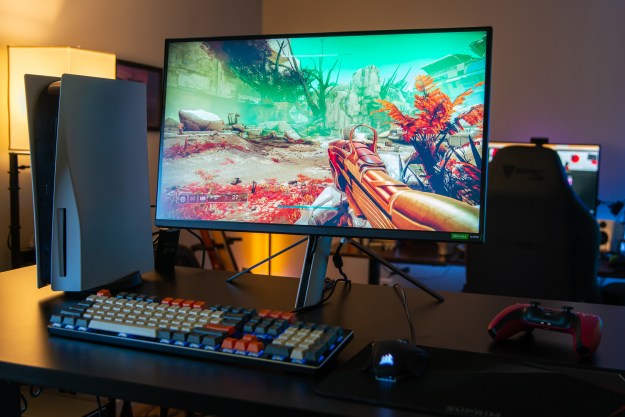
Dubbed the Raspberry Pi Model B+, this revision includes a few tweaks that, while notable, are by no means a radical redesign. Don’t call it the Raspberry Pi 2 either, as the foundation calls this new flavor “the final evolution of the original Raspberry Pi.”
The biggest changes in the Raspberry Pi Model B+ are the addition of two extra USB 2.0 ports, for a grand total of four, along with power consumption that has been reduced “by between 0.5W and 1W.” The Raspberry Pi Foundation has also swapped out the friction-fit SD card slot with a push-push Micro SD version, added four mounting holes, and more.
The Raspberry Pi Model B+, like the original version, is still powered by the BCM2835 “application processor” along with 512MB of RAM. Along with the lack of change in core specs, the price of the Raspberry Pi hasn’t shifted either. It still costs $35.
The Raspberry Pi foundation says that they’ll keep the “Model B in production for as long as there’s demand for it.”
You can watch an intro video on the Model B+ put out by the Raspberry Pi Foundation below.
Intrigued by tiny PCs? Though it’s bigger and bulkier than the Pi, the Tango PC is quite small as well, and features a desktop CPU.


